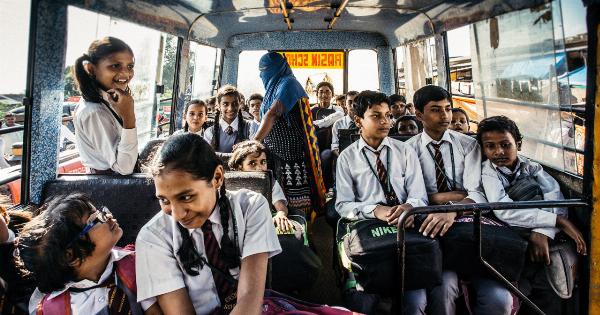Having multiple siblings can be a blessing or a burden depending on how they interact with each other. While siblings can be best friends for life, they can also be the source of constant harassment for one another.
This article focuses on the issue of constant harassment of children with multiple siblings.
What is constant harassment?
Constant harassment of children with multiple siblings is the act of continuously bothering, teasing or provoking one sibling to the point of emotional or physical distress.
This form of harassment can take a toll on the victim, leading to feelings of insecurity, depression, anxiety, or anger. The harassment may be physical, verbal, or emotional, and it can leave deep emotional scars that may last throughout the victim’s life.
The impact of constant harassment on children
Children subjected to constant harassment may experience a range of negative impacts:.
- Low self-esteem
- Depression
- Anxiety
- Difficulty focusing in school
- Social isolation
- Anger Management issues
- Post traumatic stress disorder
The role of parents
Parents have a key role to play in preventing constant harassment among siblings. Here are some strategies that parents can employ:.
- Develop clear rules about acceptable behavior and make sure children understand them.
- Encourage siblings to talk and listen to each other. Teach them to respect each other’s feelings.
- Refrain from playing favorites or comparing one child to another.
- Try not to intervene in every situation. Allow siblings to work out their own differences when possible.
- Be aware of signs that one child is bullying another, and take prompt action to discourage it.
- Provide private space for every child to avoid conflicts.
- Praise children when they behave respectfully with one another.
- Always model appropriate social and emotional behaviors for your children.
- Seek help when necessary by consulting child mental health professional.
Conclusion
In conclusion, constant harassment of children with multiple siblings is a significant issue that can have serious emotional and psychological consequences for the victims.
Parents must play an active role in encouraging respect, communication, and empathy among siblings. By developing a healthy family dynamic, parents can help ensure that their children have positive relationships with their siblings throughout their lives.































